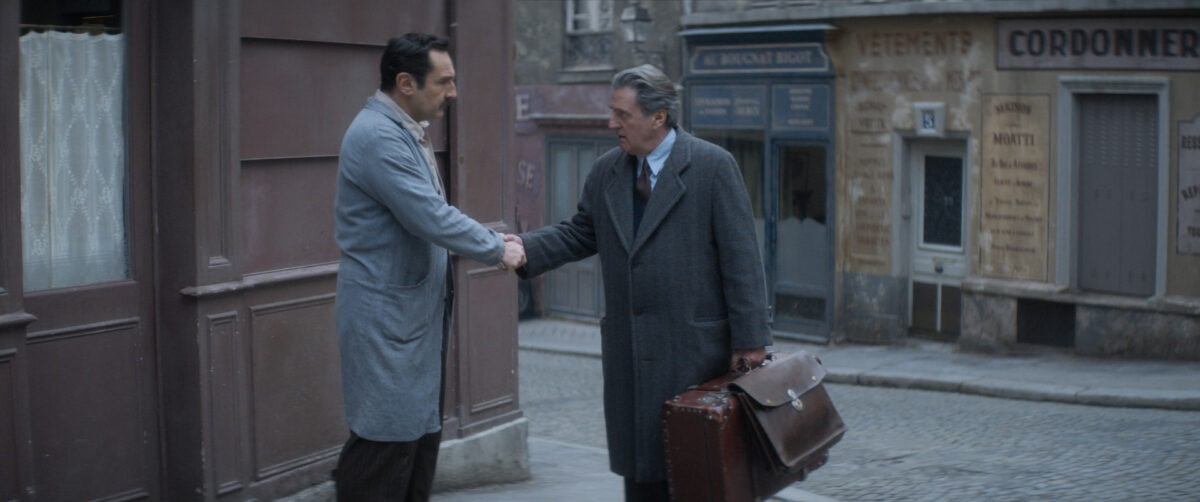Fred Cavaye’s Farewell Mr. Haffmann is a searing morality tale on the fickleness of human nature under duress.
Scheduled to be released in south Florida theaters on December 22 after appearing at Jewish film festivals in the United States, this absorbing movie unfolds in Nazi-occupied Paris between May 1941 and July 1942. This was an incredibly fraught period when Jews in Vichy France were rounded up and deported to French labor camps and Nazi extermination centers in Poland.
It is driven by three substantive characters: a middle-aged Jewish jeweller named Joseph Haffmann (Daniel Auteuil), his dutiful Christian assistant Francois Mercier (Gilles Lellouche), and Mercier’s wife, Blanche (Sara Giraudeau). They are locked in a struggle for survival in a milieu of brutality, duplicity and hopelessness.
As the persecution of Jews unfolds, Haffmann’s wife, Hannah, accentuates the positive. As far as she is concerned, hope springs eternal. “We’re not in danger,” she says blithely. “We’re French.”
Haffmann, a cold-eyed realist, knows better. He sends his family to the French free zone, where Jews are presumably safe, and promises to meet them there in due course.
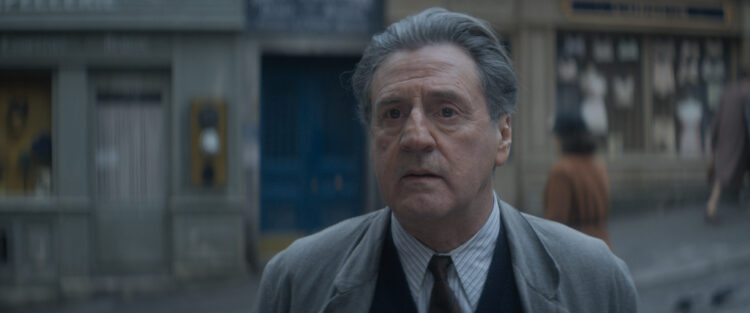
In the meantime, he reaches a Faustian understanding with Mercier, his loyal employee. He will “sell” his jewellery shop to Mercier, reclaim it after the war, and allow him and Blanche to move into his furnished apartment above the store.
Due to circumstances beyond his control, Haffmann cannot board a train and meet his wife and children. Returning to the shop dejectedly, he stays the night in his basement, assuming he can leave the city the following morning.
Haffmann’s plan is thwarted when police come calling asking Mercier for his whereabouts. Shortly afterward, Mercier quietly watches police round up Jews in the neighborhood.
An air of menace pervades this somber film, from the moment Haffmann reads a German poster demanding the registration of Jews with the authorities to the time that local police seek him out for questioning. This being an exceedingly dark era, Cavaye pulls no punches in portraying it unflinchingly.
The lead actors rise to the occasion, with Auteuil, Lellouche and Giraudeau turning in superb performances.
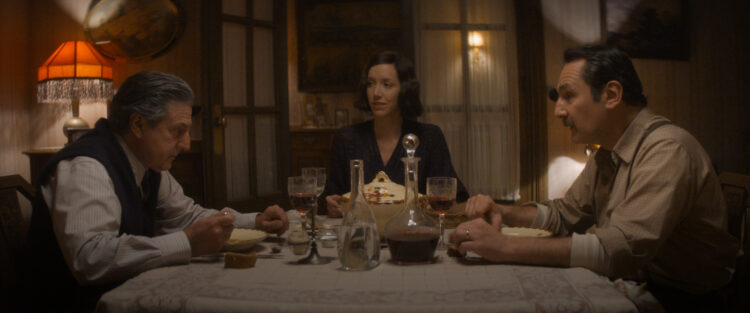
Cognizant that Haffmann must lie low and go into hiding in his own home, Mercier offers him sanctuary in the dank basement. But much to Haffmann’s distress, Mercier refuses to post his letters to his wife, claiming they might expose them all to harm. But in a volte-face, Mercier soon changes his mind in exchange for a personal favor from Haffmann.
What he requests from Hafffmann is nothing less than astonishing, but it requires Blanche’s full cooperation. At first, she balks, but upon further consideration, she agrees to comply. This highly unusual arrangement only widens the gulf between Haffmann and Mercier.
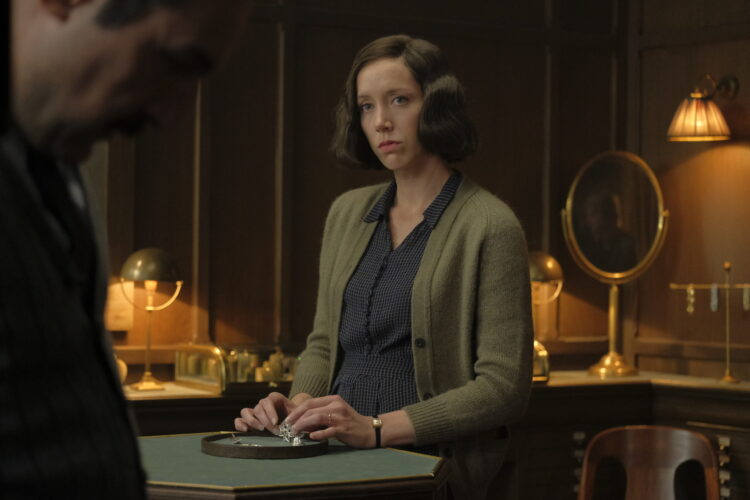
As the months pass by, Mercier lands a new customer, a German army officer. He buys an elegant piece of jewellery, designed by Haffmann, for his girlfriend. He is so impressed by the craftsmanship that he orders a brooch for his lady.
Having run out of jewellery crafted by Haffmann, Mercier makes the brooch himself, but it does not please the German. Clearly, Mercier’s talents as a jeweller are limited. Recognizing his limitations, Mercier convinces Haffmann to go back to work in return for a salary.
As more Jews in the district are arrested, Mercier panics, much to Haffmann’s detriment. Their relationship, such as it is, suffers yet another setback when Haffmann discovers, to his horror, that Mercier has obtained high-quality gems from Jewish deportees.
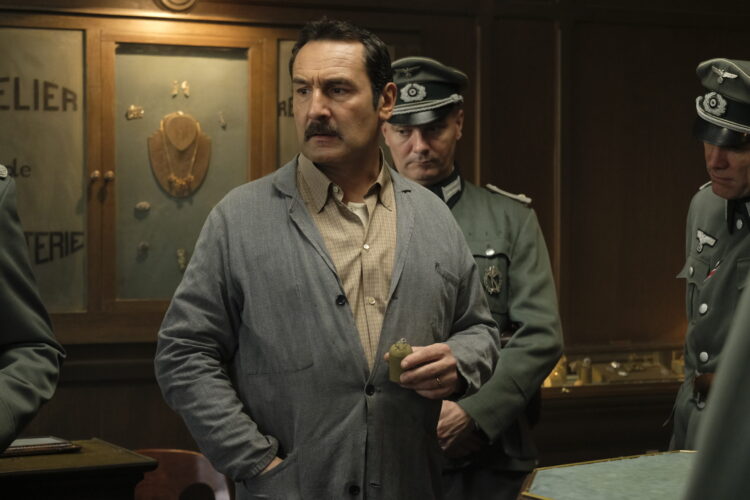
The situation goes from bad to worse when Mercier abandons all norms of decency to feather his nest. In response to his betrayal, Blanche offers to help Haffmann extricate himself from his horrid predicament.
And in a richly ironical development, Mercier is detained by the police on racial grounds.
Farewell Mr. Haffmann, a serious feature film infused with empathy and gravitas, stands out as one of the finest French movies ever made about the Holocaust.
